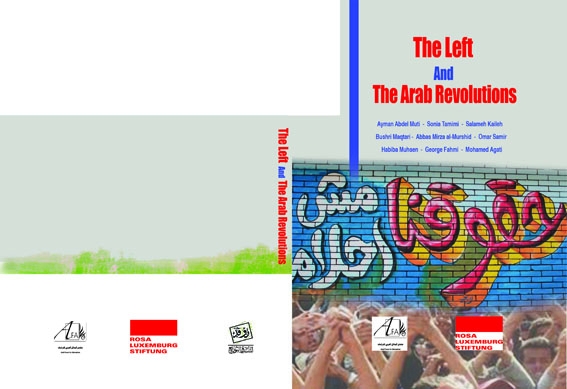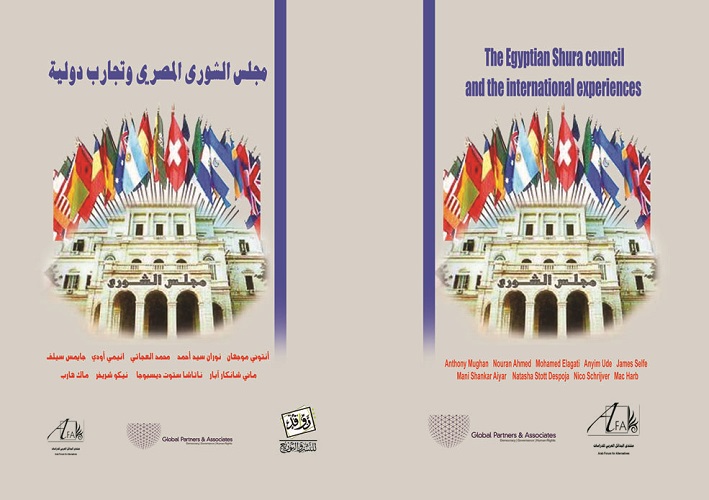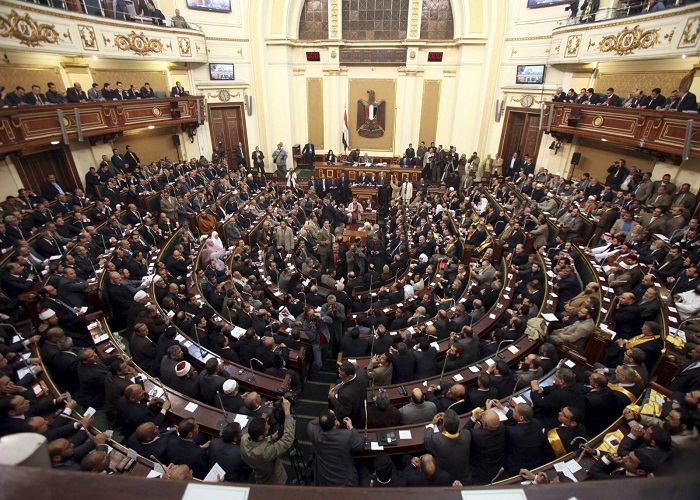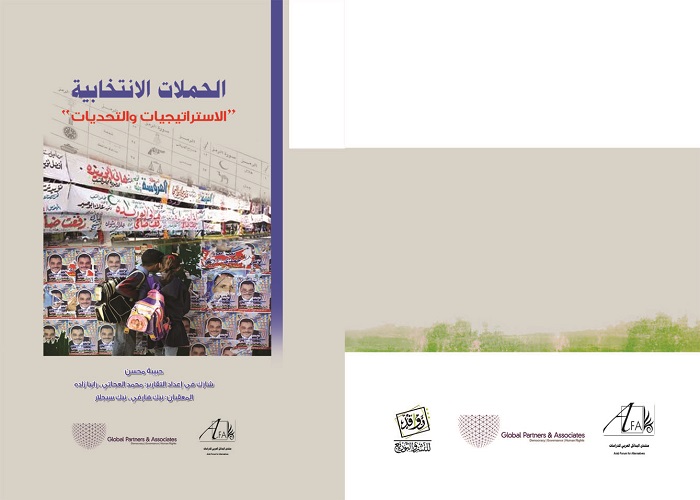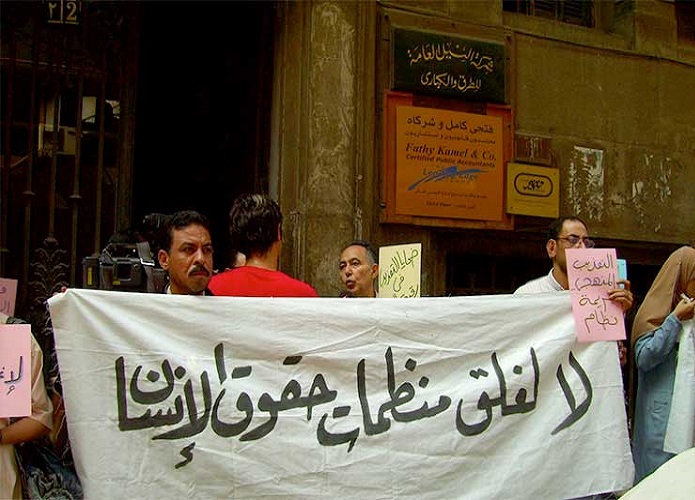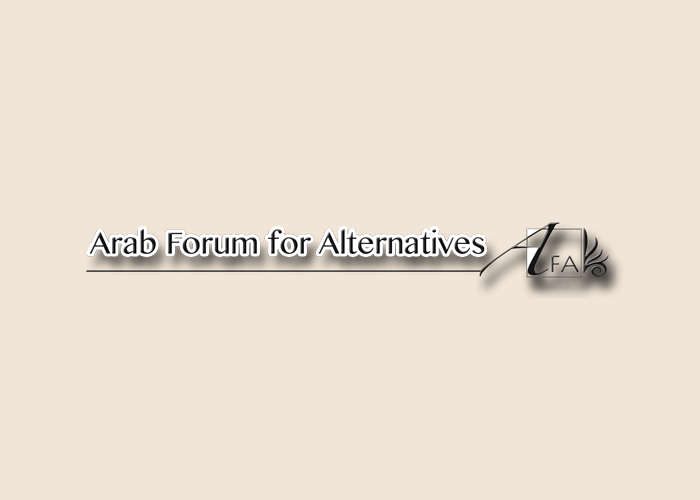The Left and the Arab Revolutions
Abbas Merza AlMorshed ,Ayman Abdel Moati ,Beshri Maktari ,Georges Fahmi ,Habiba Mohsen ,Mohamed ElAgati ,Omar Samir Khalaf ,Salama Kela ,Sonia AlTamimiIt seemed that the Arab revolutions came at the backdrop of a somehow clear absence of the Left factions and forces at the level of action as well as at the level of political impact in the Arab street on the different causes and concerns of the citizens. Still, Leftist forces, old as well as other new ones, born from the womb of the conflict in the last years of the new millennium, have tried to play different roles in…

